There is no time like the present for developing the skills and knowledge that you would need in order to have the best chances for survival after a serious disaster or post-SHTF. Some skills can help you survive immediately during a disaster and amidst the upheaval and chaos in the aftermath of such an event, while other skills can help you survive in the long-run.
As a general rule of thumb, those who have the widest variety of skills and who can learn or adapt new skills quickly and efficiently will be the most likely to survive in a post-SHTF scenario.
Basic Medical & First-aid Skills
If life ever goes to hell, for a temporary period of time or more permanently, first aid and various medical and surgical skills will be in demand like never before. The reason is simple: there are just never enough doctors around when you need them.
From dressing wounds, treating sprains, and applying stitches to setting broken bones, or providing basic trauma care, there are many valuable medical and first aid skills that you can learn now for use later.
Consider taking an EMT (Emergency Medical Technician) course, or an emergency first aid course held over a weekend or during the afternoon or evening on a weekday. Familiarize yourself with CPR (Cardiopulmonary Resuscitation) and basic resuscitation techniques, and keep a well-supplied stock of essential medical equipment such as bandages, splinting material, gauze, pads and OTC (Over The Counter) pain medication.
If possible, learn what plants grow locally and what their potential medical benefits are; consider planting an herbalist’s garden.
Gardening & Aquaponics

For those who are very space and/or water constrained, or who would also like to raise fish, an aquaponic gardening system can be hugely rewarding. After a serious disaster or post-SHTF, gardening and agricultural skills will be paramount, but you won’t have the same room for error.
Cooking & Canning Skills
There’s no denying that a lot of Americans have become somewhat spoiled with the ease of ready-made meals, prepackaged snacks and other goodies. After a serious disaster or post-SHTF, traditional cooking, preserving, canning and pickling skills will be more useful and more needed than ever before.
If you are fortunate enough to have a garden, or to have access to an abundance of fresh fruit and vegetables during the summer and fall, practice and hone your skills in canning, making jams and pickling goods for home storage.
Now is also a good time to practice cooking with many of the items in your emergency food storage or other home storage. Testing out what it’s like to cook with and live off the items in your home food storage is also a good idea because you’ll have a chance to decide what you like best, and what else you might need to stock up on in order to make something in your food storage a little more palatable.
Carpentry, Stone Masonry & Building
Those who know how to build useful things like bridges, roads, homes and temporary shelters will also be in high demand after a serious calamity. After all, raiding, pillaging and looting can only really go on for so long. Eventually, some sort of order is likely to be restored, and those who are capable builders will have skills that everyone wants.
Even if your building skills aren’t good enough to farm your labor out to others, you’ll be able to look after your own needs and the needs of your family much better if you’ve developed some handyman (or handywoman, as the case may be) skills ahead of time.
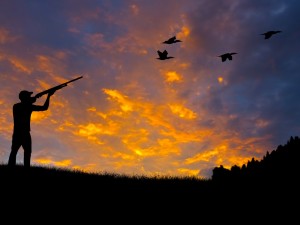
Hunting by itself is unlikely to be enough for anyone to subsist after a serious disaster or post-SHTF, but it is an immensely useful skill to have all the same.
From large game like deer, elk, moose and antelope, to rabbits, ducks, geese, and other small game, hunting with either a .22 rifle, a crossbow, or bow and arrow can aid in providing you and your family with additional meat for your diet. In truly desperate times, even rats, nutria, and squirrels may look tasty.
Whether you’re hunting for practice or for serious subsistence purposes, try to make the most use of any animal(s) that you may kill, and hunt responsibly. From the hide and fur to the blood, unwanted guts and bones, every part of an animal is useful when you’re surviving and being self-sufficient.
Blood and bone can be rendered for use as soil-enriching blood meal and bone meal. Unwanted guts and innards can either be fed to working dogs, or rendered for use as fertilizer.
Fishing & Nets
Learning to weave and repair nets for use in fishing is potentially a very valuable skill to develop – if you have rivers, streams or lakes in your region with active fish populations in them. So before you invest time, effort or money in fishing equipment and how-to manuals, be sure there are actually some fish in the area. Assuming there are, fishing nets are extremely useful, but they get damaged and need repaired and cared for properly.
Learn to Live Frugally
This can also be known as learning to live without. The better you are at surviving with what you have on hand and what you can acquire from the land with as little hard labor as possible, the more chance you’ll have of staying alive.
Your mentality is a big factor in deciding how well you will or will not survive a serious upheaval in society; by learning to live frugally, you won’t be as stressed out by the loss of minor luxuries, and you’ll be able to make whatever resources you do have last for as long as possible.
This article has been written by Gaia Rady for Survivopedia.


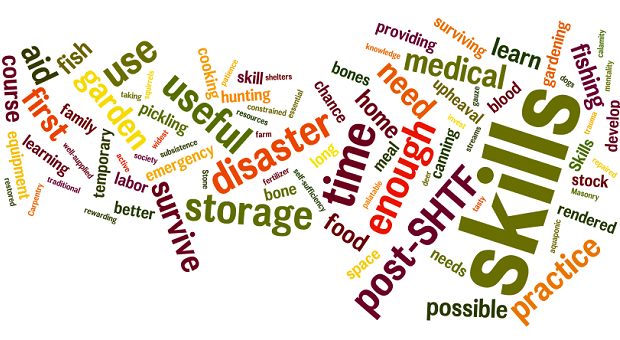

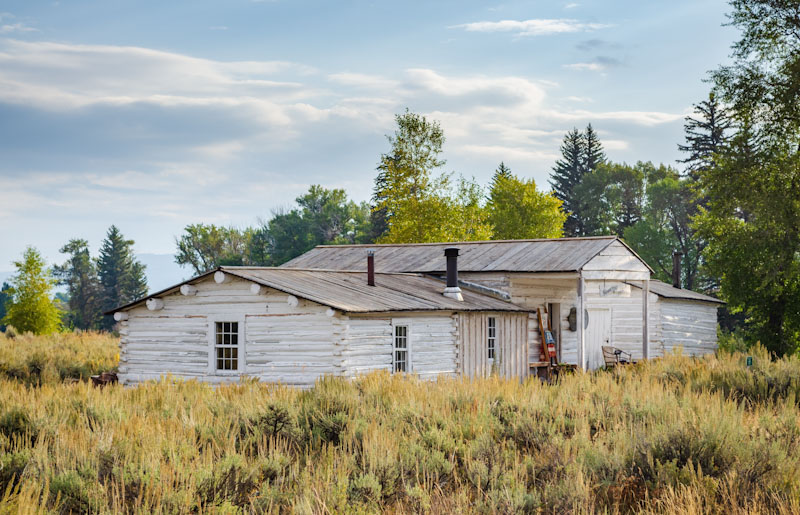
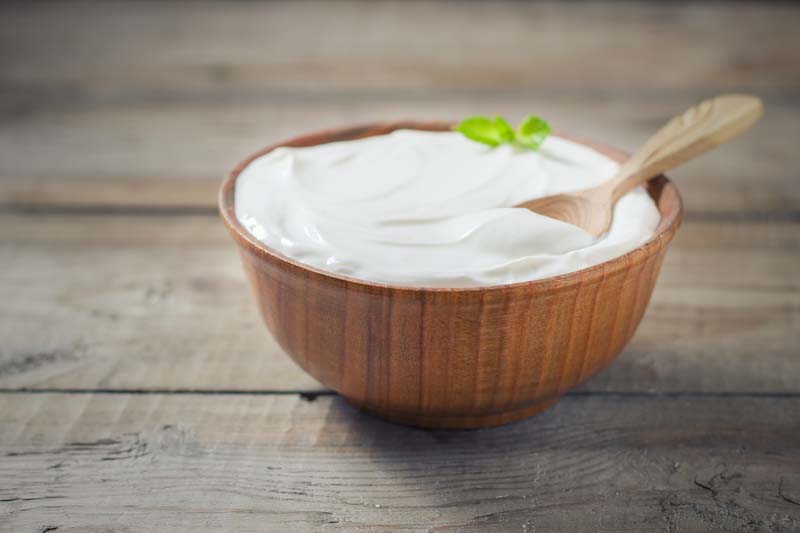

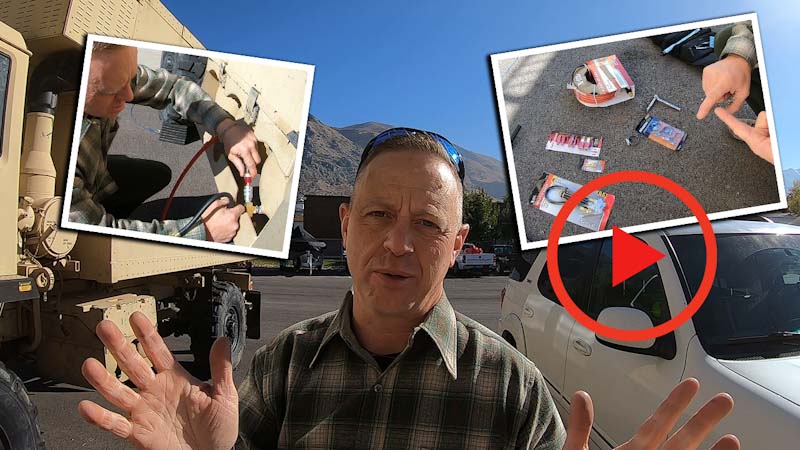

Pingback:Prepper News Watch for November 7, 2013 | The Preparedness Podcast | November 7, 2013
|
tHOMAS SCHUCKMAN | November 11, 2013
|
You never know “too much,” said our print reading instructor in college. When someone is hiring people, they look for as much ‘bang for their buck’ as they can get, and all your skills are a big plus to your chances of getting hired. Same with survival. Combat Veterans are also worth their weight in gold!
thundercloud | November 14, 2013
|
There is one you forgot. Foraging. Knowing the plants around you and which are edible can save your life if you get lost or in a collapse. Knowing which ones are medicinal when nothing else is around makes one priceless. 🙂
Pingback:Joe Calculus | Where Adventures’ Abound | December 8, 2013
|
Jeff | February 11, 2014
|
Friend of mine plans on Quarentine signs with either horrible well made masks or some type of nonharmful ointment to make him breakout short term. He is a little on the auh how do we
say up and beyond ?!#€£¥><^~? He also hunts with silencers, blow guns, crossbows, and is very stealthy, but we guess you got that already huh ?
Jeff
bill in lexington | February 12, 2014
|
Blood is food. Guts are also food … where do you think head cheese and tripe come from? Get over it. Eat it. Live.
The Donner party got down to eating leather and darned few berries once they got snowed in. A lot of them died, but several lived … including some children. Eat anything that isn’t poison … and learn to forage so you’ll know the difference.
Alex | October 29, 2014
|
I’ll wait until I have to eat it to survive thank you very much! Blood sausages don’t really taste all that good in my opinion but they’re obviously very edible if you’re hungry (or if you’re my dad or lots of other people). Some of the recipes in my great grand ma’s cook book look totally inedible nowadays but this was totally normal a hundred years ago (she was born in the 1890s).
tommy | April 3, 2014
|
good ideas
Pingback:Life-saving Skills to Develop Now for Survival | OutLive The OutBreak | April 22, 2014
|
Ian | February 11, 2016
|
You don’t always need to weave nets. You can make nets by starting off with a thicker rope for the outside / top/ bottom depending on the net you’re making, then attach thinner twine around the edges using prusik knots, after this you just tie overhand knots to form your net. The site below shows an example of this
http://survive-all.tumblr.com/post/98744755942/this-net-can-be-made-with-para-cord-or-two-ropes